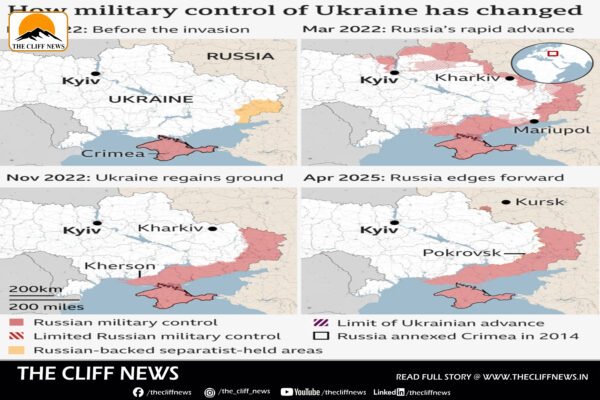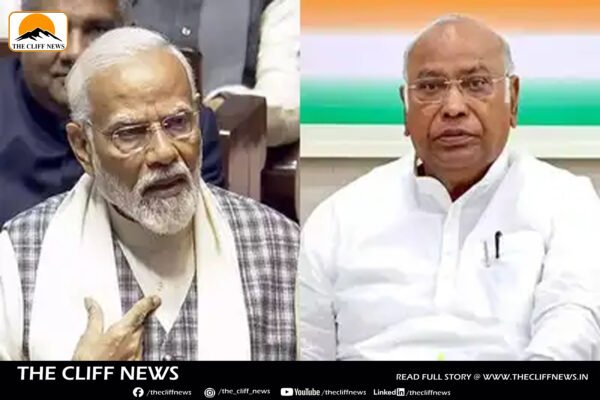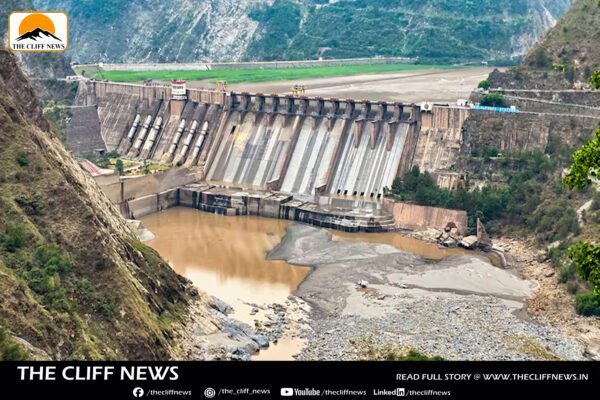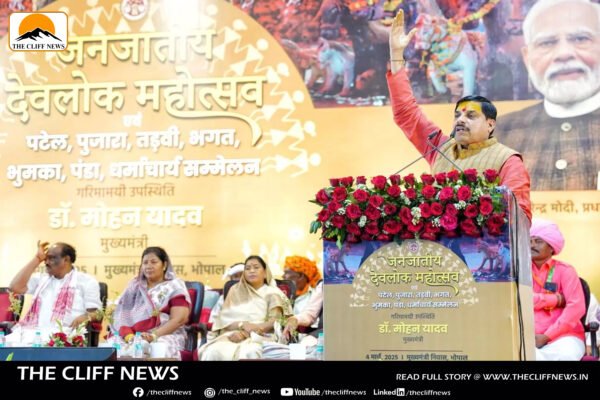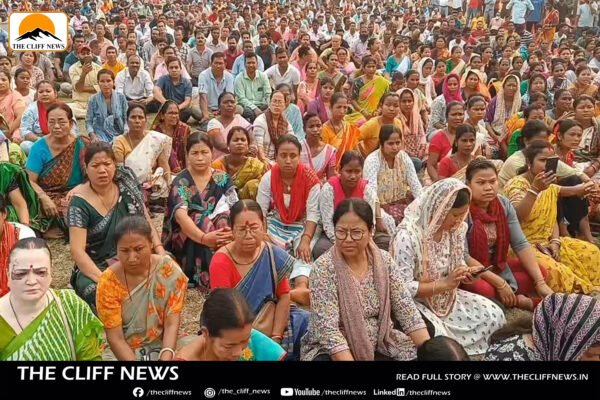Tensions Escalate as Russia and Ukraine Exchange Deadly Strikes Ahead of Proposed Ceasefire
Overnight strikes between Russia and Ukraine have left at least seven people dead, with violence continuing just days before a proposed ceasefire. Ukrainian officials reported that three civilians were killed and seven injured in Sumy region due to Russian air-dropped bombs, mortars, and rockets targeting villages like Vorozhba and Bilopillia. Emergency evacuations were conducted in the area. Meanwhile, Russian authorities stated that three people were also killed in Ukraine’s retaliatory strikes on Russia’s Kursk region. Ukraine confirmed that some of its forces remain active within Kursk, where it initiated a surprise incursion in August 2024 to protect the Sumy border and gain leverage in future negotiations. Further casualties occurred in the south, where a drone attack on Odesa killed one person, and in Kharkiv, where four were injured by Shahed drone strikes. These incidents underscore the fragility of ceasefire efforts amid escalating hostilities. Amid the violence, Ukrainian President Volodymyr Zelensky remains open to a longer truce. Speaking during his visit to Prague, he reaffirmed Ukraine’s acceptance of a 30-day ceasefire proposed by the US in March. Zelensky emphasized that such a ceasefire “could start even today” to allow diplomacy to work. However, he dismissed Russian President Vladimir Putin’s unilateral three-day ceasefire proposal from May 8–11 as a “theatrical show,” arguing it was too short to make a meaningful impact. This comes as Russia prepares for Victory Day celebrations marking the 80th anniversary of Nazi Germany’s defeat. The Red Square military parade is traditionally a major display of Kremlin military power. But security concerns prompted Zelensky to warn that he cannot guarantee the safety of foreign dignitaries planning to attend. The war, now in its third year, continues to inflict staggering losses. According to the Russian Service and Mediazona, at least 45,287 Russian soldiers died in 2024, making it the deadliest year for Russian forces since the full-scale invasion began. Analysts estimate that Russia lost 27 soldiers for every square kilometre gained. Names of over 106,000 Russian casualties have been documented, though experts believe this may account for only 45–65% of total deaths. Despite brief ceasefires during Easter and other holidays, both sides have repeatedly accused each other of violations, and no lasting peace appears imminent. As the 72-hour Russian ceasefire nears, skepticism remains high, especially from Kyiv, which sees such gestures as symbolic rather than substantive.
